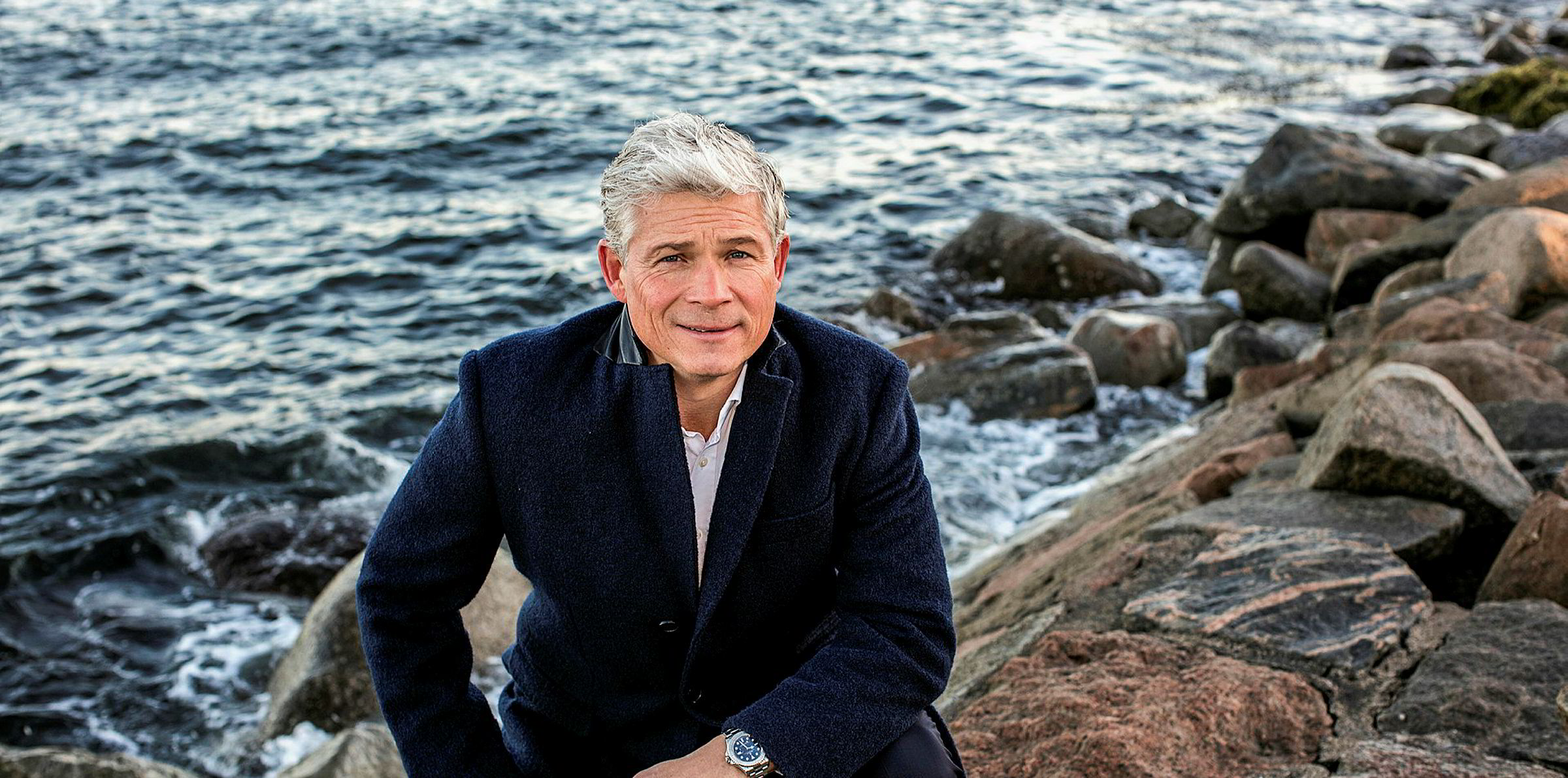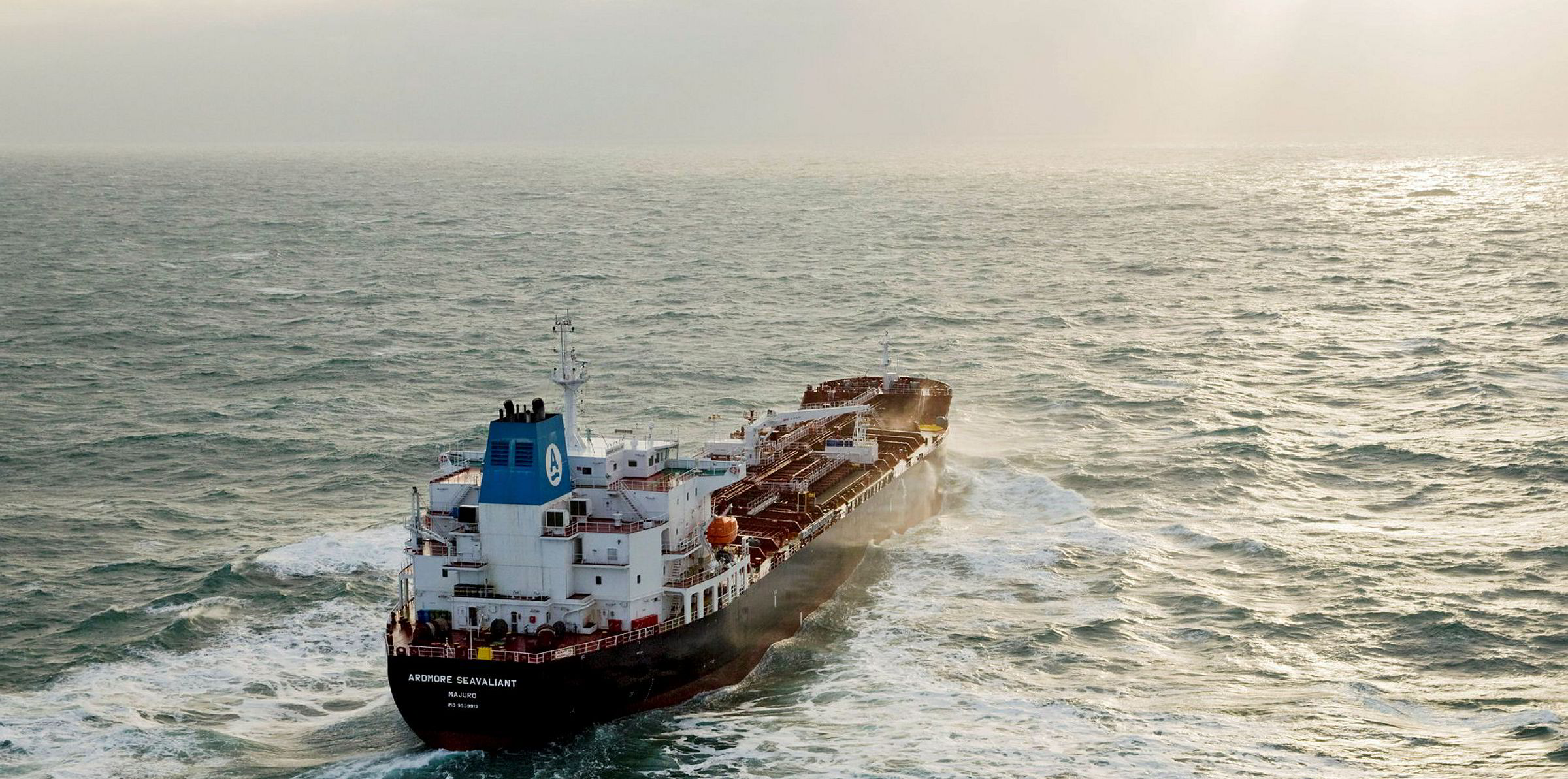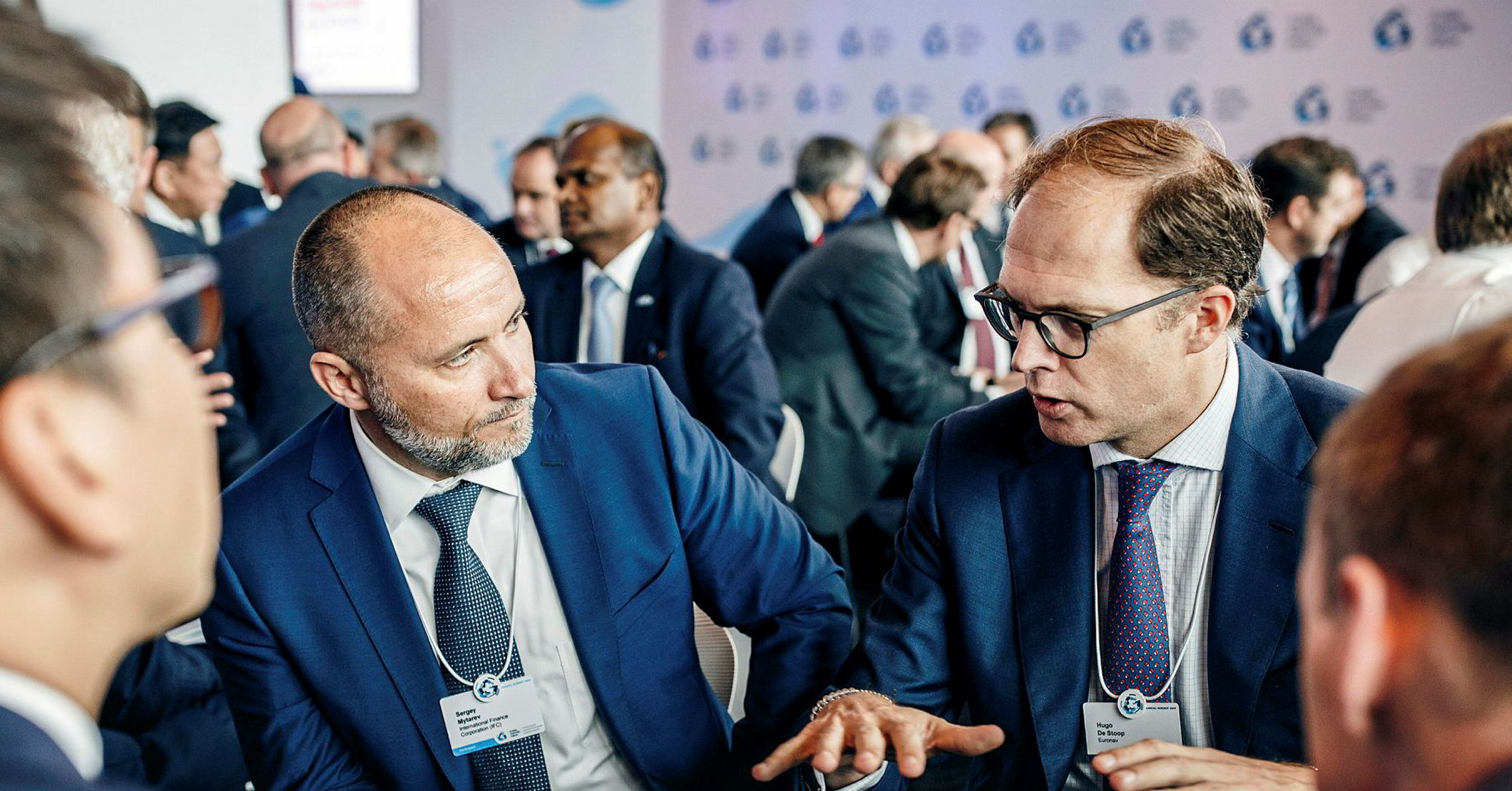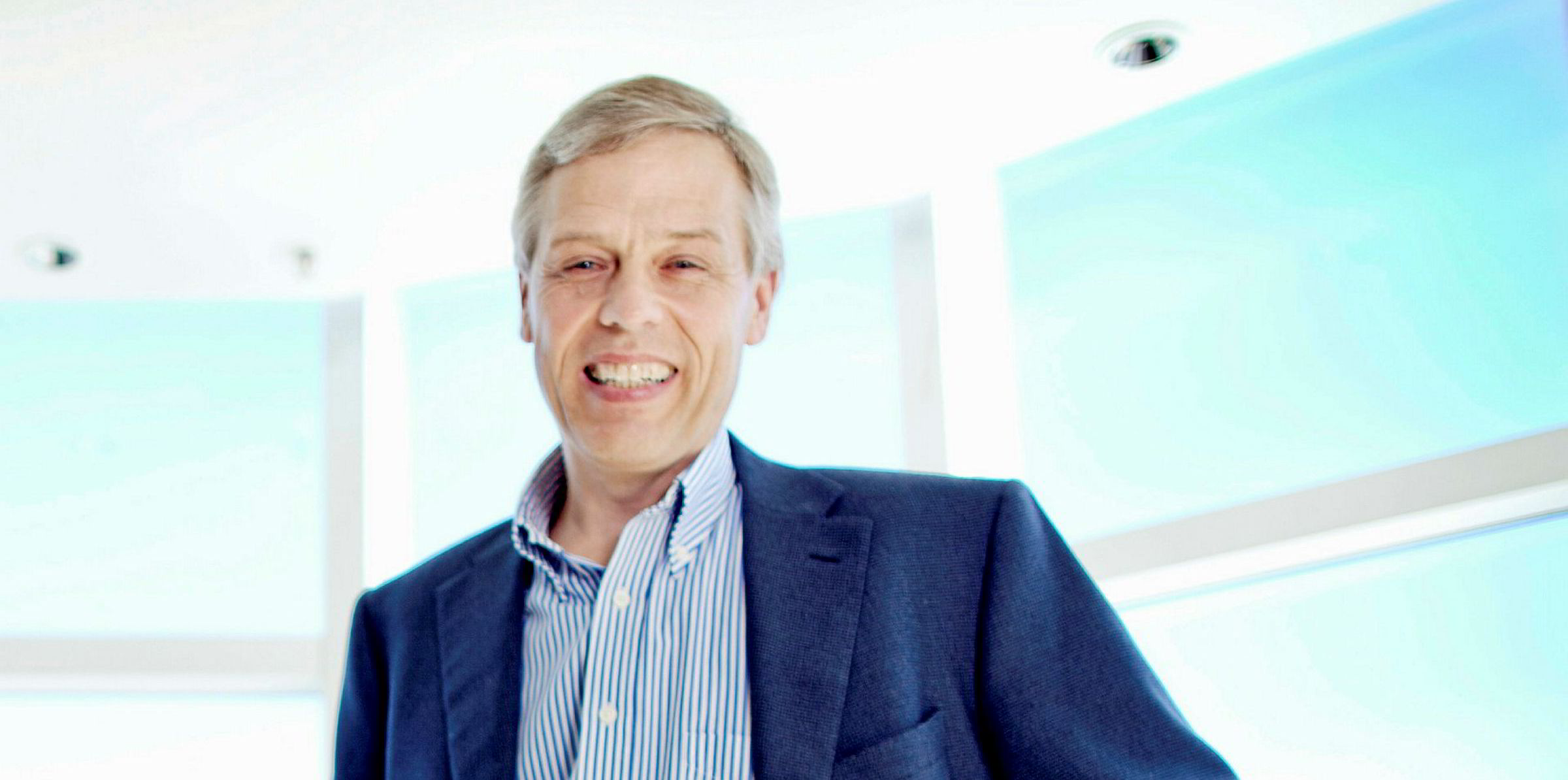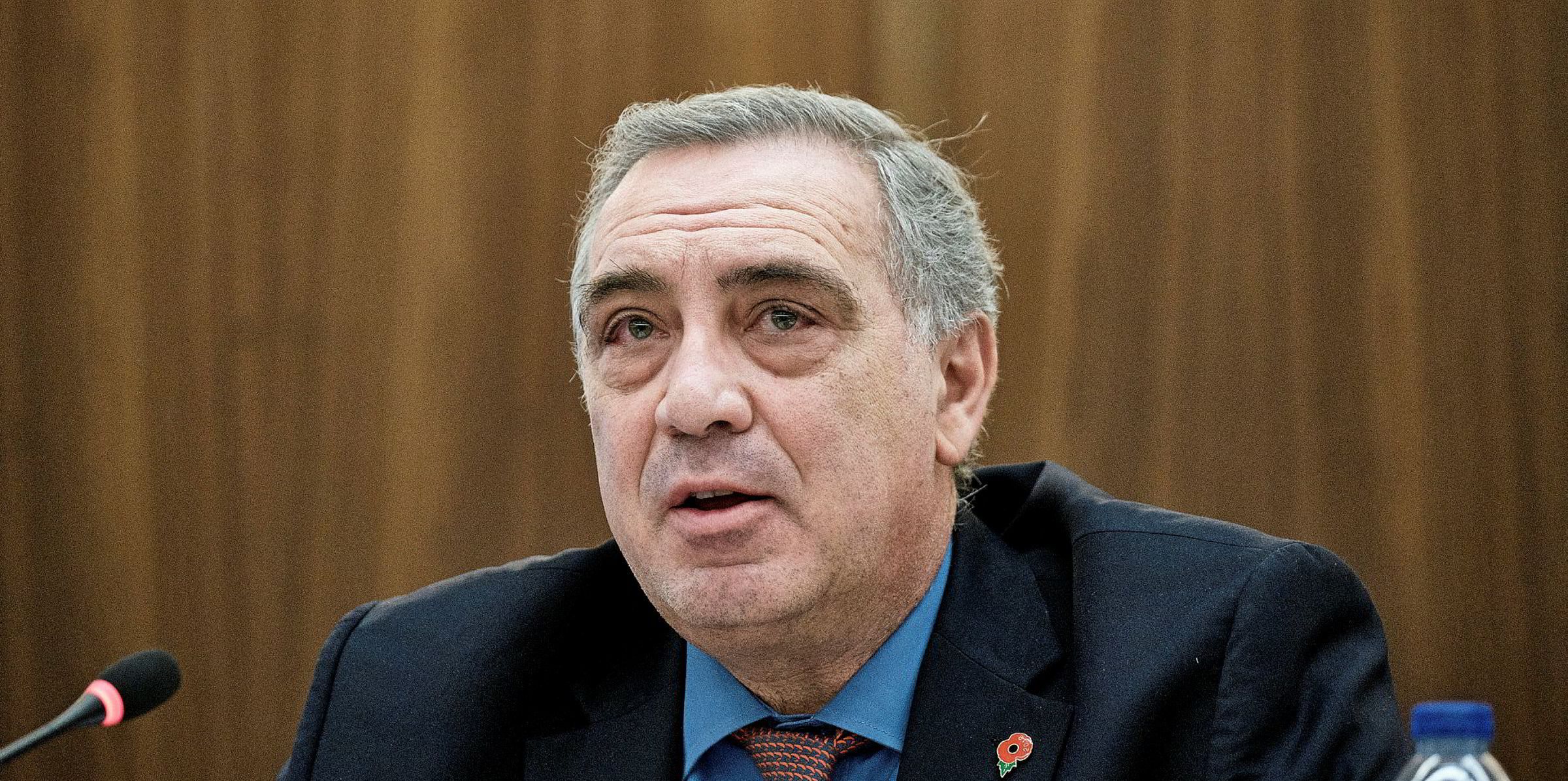BW Group product tanker owner Hafnia has no intention of increasing its offer for rival Ardmore Shipping.
Its all-share bid for the Ireland-based shipowner was rejected this week, with Ardmore viewing it as undervaluing the company.
But Hafnia pointed to its own stronger profit levels and higher return on equity as convincing arguments of the offer's worth.
Chief executive Mikael Skov told TradeWinds that his company will not return with a higher offer.
"We obviously cannot force other people's hands," he said.
"We just want to make sure that we have explained why this is value-accretive for all the shareholders, but Ardmore and the board of Ardmore have to make their own decisions as to how they see the situation."
Always looking for opportunities
Skov added that the company will continue to look at whether to target other potential acquisitions.
"We're not just looking at transactions like these to get scale. We're trying to identify increased value for a combined entity. It's driven only by shareholder value," he said.
"We do believe that consolidation in some form or shape makes sense."
The offer was made on 19 June, but only revealed on Monday. Its valuation of Ardmore generated some controversy, with analysts saying Hafnia had put in a "lowball" bid.
Hafnia's statement claimed a 70% premium to Ardmore's share price of $4.83 on 12 June in a deal worth $272m.
The merger would leave Ardmore with 17.9% of a combined entity worth about $1.5bn, while creating synergies worth between $15m and $20m per year, Hafnia said.
But Ardmore responded by saying the swap of one Ardmore share for 2.4 shares of Hafnia implied a price of $3.87 — a 28% discount on Ardmore's 30-day weighted average share price in the month prior to the offer.
Hafnia makes its case
"There has been some confusion about whether our offer was at a premium or a discount," Skov said.
"As has been correctly pointed out, for a share deal it is less simple to come to a conclusion because there are two moving parts — the share price of each company."
He added that the share price is not always the best reference point because prices move around a lot. Sometimes this is because of merger speculation as happened with Ardmore a short while ago, he added, referring to rumours of Danish owner Torm being interested in a takeover.
"What matters most in a share deal is the share price after the merger, because the whole point of a combination is to increase the share value afterwards," Skov said.
The offer was made on a net asset value (NAV) to NAV basis, something Skov said was a fair approach and a more stable reference point.
This has been used in "numerous other shipping transactions", he added.
"On this basis, it is neither a discount nor a premium," the CEO said.
"Ultimately the most important metric is profits. Share price and NAV are guideposts, but earnings and cash flow are what matters most over time."
Profit versus loss
In 2019, Hafnia made $72m and Ardmore lost $23m, he pointed out.
Based on first-half 2020 broker estimates, Ardmore is expected to make an annualised 13% return on equity (ROE), while Hafnia is expected to make a 30% return, Skov said.
For the first quarter, Hafnia's ROE was 27.3%, with Ardmore at 7.9%, according to Hafnia.
A combined company would also be listed in both New York and Oslo, with a bigger free float of shares.
"When profits and cash flow are transferred from a higher-earning entity to a lower-earning entity, which is what we are offering, this is a premium by another name," he added.
"To put it another way, Ardmore shareholders would receive much higher profits from 18% of the combined entity than from 100% of their current business, resulting in a value-enhancing deal for their shareholders."
He told TradeWinds that this explains why his company was surprised at Ardmore's lack of interest in a merger discussion.
"We of course respect it if their shareholders and board feel our offer of higher profits does not interest them," he said.
'Huge value for shareholders'
Asked why Ardmore was considered, Skov explained that looking for transactions and opportunities that are accretive to shareholders is part of our overall strategy.
"We constantly have a look around at what is out there; obviously a lot of it is based on timing and finding the right owner," he said.
"We think the combination there is a very good fit in terms of the compatibility of the fleet, and also the accretive value for the shareholders of doing a deal like that."
And he added that the synergies mean there is a lot of value for shareholders in a merger.
"When we look at a combined entity versus the two entities being separate, there's huge value to be created for the shareholders," Skov said.
